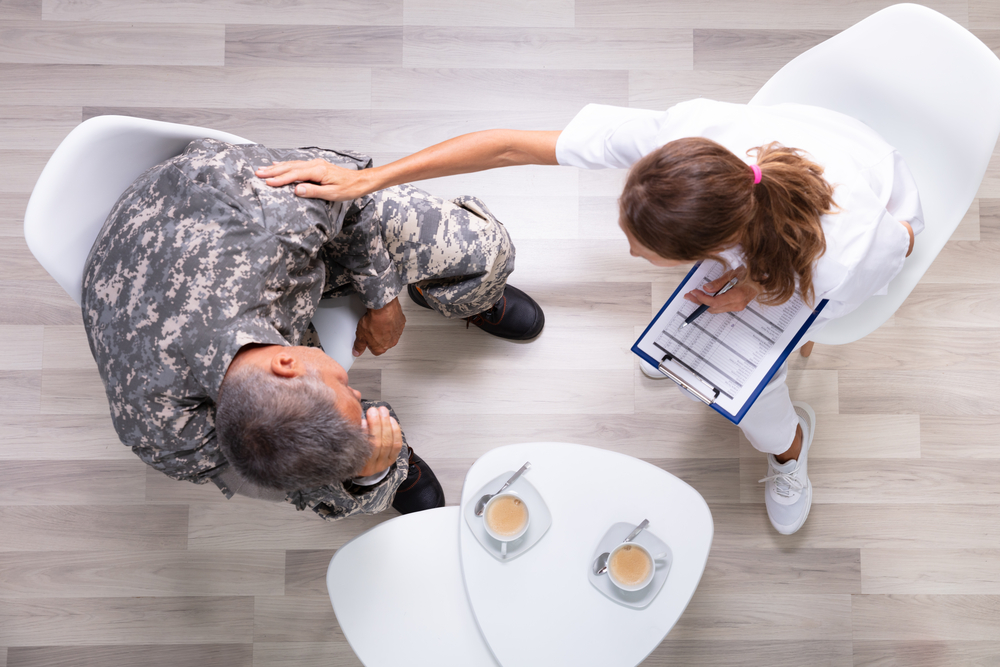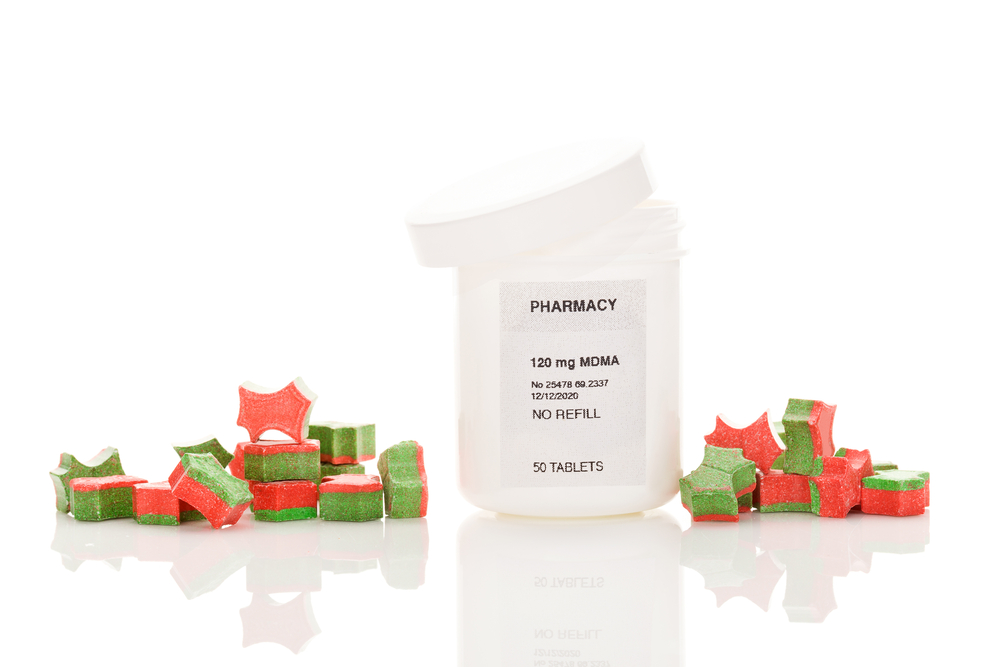
We wrote an article in August of 2020, “MAPS Raises $30 Million for Psychedelic Research”. The Multidisciplinary Association for Psychedelic Studies raised $30 million to fund psychedelic research. Now some of the results from MDMA clinical trials are in, and they are promising.
In 2020, Food and Drug Administration (FDA) approved the first cannabis-derived pharmaceutical. Epidiolex was fast-tracked through the FDA approval process to provide a prescription therapy for children and adults with severe epilepsy.
Now, the FDA is taking a closer look at a prescription derivative of MDMA, also known as ‘ecstasy,’ for the treatment of severe mental health conditions. Particularly for patients who have TRD (treatment-resistant depression) and other disorders, patients have a high risk of suicide and self-harm.
While initially evaluated for the treatment of PTSD for the American military, other patients may have access to MDMA. Psychedelics have been clinically studied since the 1950s for the treatment of mental illness.
There are thousands of research studies about using psychedelics to treat schizophrenia, depression, and substance abuse. Now patients in the United States may be a step closer to having a new treatment option. Thanks to the hard work and advocacy of MAPS.
A synthetic drug with psychedelic properties, MDMA has been a popularized street drug. It is commonly called “Ecstasy” or “Molly.” The formal name is 3,4-methylenedioxymethamphetamine (MDMA). When you hear about raves, or the nightlife and club scene, MDMA is one of, if not the most common recreational drug used.
Some of the psychoactive effects that people taking MDMA experience are:
The average adult-use dose of MDMA is 80-125 mg. And it is generally delivered in capsule form. The ‘street drug’ tablets usually have an animal character, such as a cartoon character, elephant, and sometimes a race car. Some people snort, smoke, or inject MDMA, but oral doses are the most common. At clubs, MDMA can be ‘parachuted,’ which is crushing of tables into toilet paper and swallowing to hasten the effects.
Some of the negative side effects associated with ingesting MDMA include:
The clinical uses of MDMA are specific to mental health disorders. Treatment-resistant depression, post-traumatic stress disorder, and clinical anxiety may be relieved by MDMA. Some studies have also shown success in the treatment of alcoholism with psychotherapy over some time.

Julie Aitcheson on Green Market Report shared some of the promising clinical results from MAPS psychedelic research. According to Aitcheson, six phases of clinical study in MAPS have provided the basis for FDA approval. The evidence-based data the Food and Drug Administration needs to consider off-label and legal use of MDMA in clinical settings.
The lead author of the paper reporting results from the MAPS trials stated how significant the results from the clinical trials were. The sessions resolved or improved patients’ lives and reduced their symptoms.
“The unique ability of MDMA to raise compassion and understanding while tamping down fear is likely what enables it to be so effective.” – Jennifer Mitchell, Ph.D.
During sessions, the psychoactive effects of the psychedelic drug help to open the place where traumas are ‘locked down.’ It makes it less traumatic for a patient to open up and begin to look at the experiences that have caused emotional shock or duress.
With cognitive behavioral therapy and support, deep-rooted traumas can be successfully addressed. Freeing the patient (in best treatment circumstances) from paralyzing traumas that have negatively impacted their lives.
Featured Image: AndreyPopov | Deposit Photos
No Information on MarijuanaDoctors.Com should be used to diagnose, treat, prevent or cure any disease or condition. You can view our Full Disclaimer here.